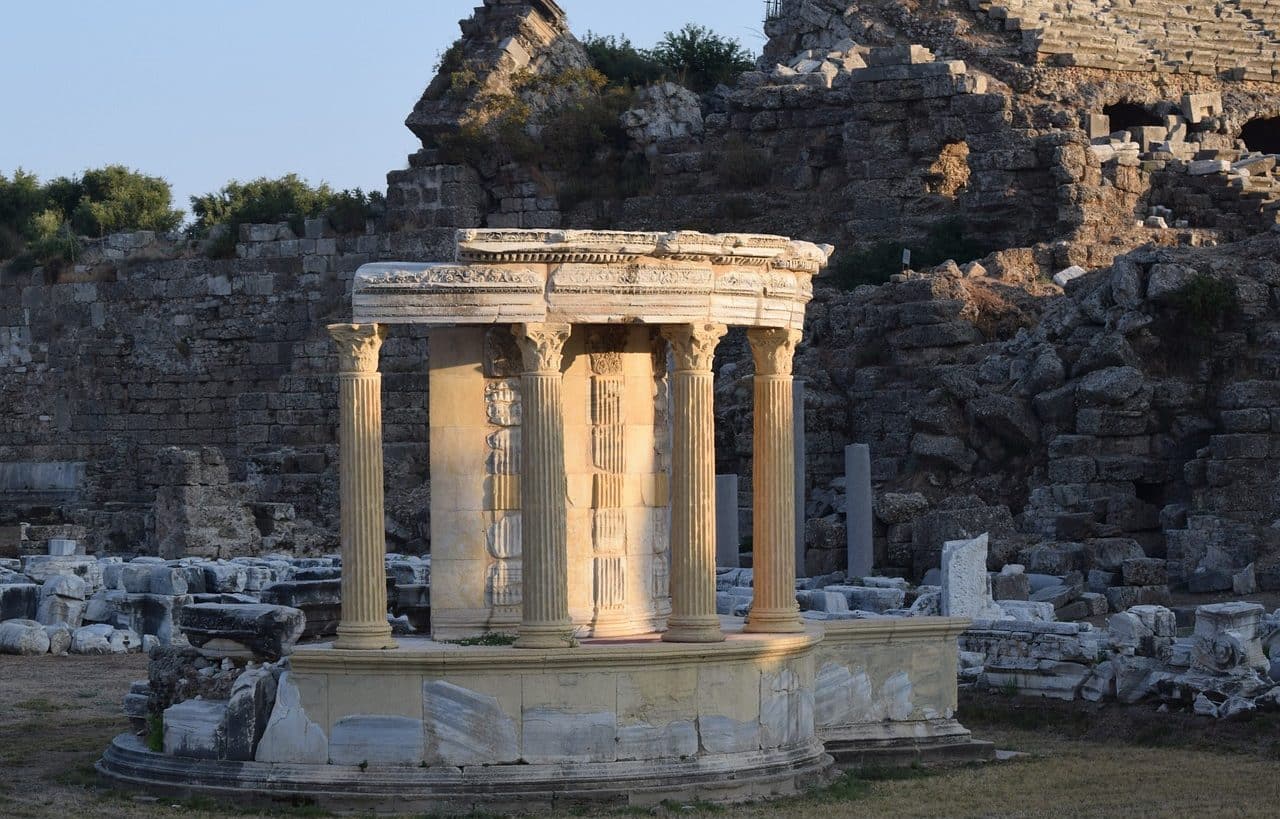
When a person dies, their mortal remains remain.
Rest is that which is left over or which subsists from a whole . The notion is also used in mathematics , chemistry and in various games and sports , with different specific meanings.
For example: "When he finished lunch, the young man gathered the remains and gave them to the dogs" , "The singer's remains will be repatriated in the next few hours" , "A group of paleontologists discovered the remains of a large carnivorous dinosaur in the vicinity of the stream .
The remains can be food leftovers . If a person prepares a ham and cheese sandwich but only eats a third of it, what he did not eat constitutes the remains of the sandwich in question.
mortal remains
The notion of remains or mortal remains refers to the corpse of a person or what remains of it: "His remains were veiled in Congress" , "Justice asked to exhume the remains of the victim to carry out new studies" , "I want "My mortal remains are cremated and my ashes are thrown into the sea."
Although it is also possible to use the word remains to refer to the corpse of any species, both animal and plant, it is not so common, since for our cultures death is usually very difficult to accept, or has a series of rituals and rituals associated with it. concepts that distance it from what it means from a biological point of view: a necessary stage of the life cycle.
This does not mean that for other animals death does not have deeper meanings than simply "stopping living" , but rather that human beings cannot know it through the very limited and prejudiced observation that they make of them, and therefore that prefers to deny this possibility and treat them as basic entities and slaves of nature , who do no more than what their instinct and genetic inheritance tells them; In other words, we are taught that a dead human being is a symbol, while a dead horse is a mountain of decaying flesh and bones.
On the other hand, people who manage to establish emotional ties with individuals of other species (dogs, cats and horses, among others) do not usually think this way: when faced with the death of their four-legged friends, they react as if they had lost a being. human, or even with greater regret. While scientists talk about subjects and specimens of a species as if they were mass-produced products, they refer to animals by their first names and identify them with an endless number of unique and unrepeatable traits .

Archaeological remains provide knowledge of ancient civilizations.
Fossil and archaeological remains
Fossil remains , on the other hand, are the vestiges of organisms that lived in Prehistory . These remains usually become rocks through their mineralization, a peculiarity that makes their subsistence over time possible. Thanks to the fossil remains, you can learn what dinosaurs were like, to cite an example.
The prehistoric remains of buildings, vessels, tools and sculptures, among other elements, are called archaeological remains . As with fossils, these remains allow us to generate knowledge about the past , both about social or political issues (how certain ancient civilizations organized their settlements, how they ate, what resources were available to the inhabitants on public roads) and of natural disasters that devastated entire cities.
One of the most impressive examples is that of the ancient city of Pompeii , belonging to the Roman Empire , where an eruption of Vesuvius left its inhabitants "frozen" , due to the pyroclastic flow , a mixture of trapped air, solid materials and hot gases. which advances at ground level at speeds ranging from 10 to 200 kilometers per hour.
